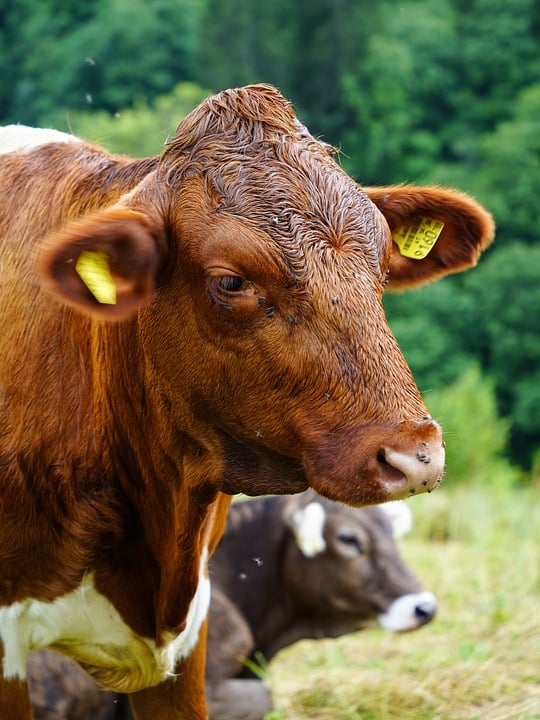In recent years, there has been a growing interest in sustainable practices within the food industry. Consumers are becoming more conscious of where their food comes from and how it is produced, leading to a shift towards more sustainable and environmentally friendly methods. From farm to table, the entire food supply chain is being reevaluated to minimize the impact on the environment and promote healthier living. In this article, we will delve into the various aspects of sustainable practices in the food industry, exploring its historical context, current state, and future predictions.
Historical Context
The concept of sustainable agriculture dates back to the early 20th century when visionaries like Sir Albert Howard and Rudolf Steiner advocated for farming practices that worked in harmony with nature. These early pioneers laid the foundation for the modern sustainable food movement, which gained momentum in the late 20th century with the rise of organic farming and the farm-to-table movement.
Key developments in sustainable agriculture include:
– Organic farming practices that exclude synthetic pesticides and fertilizers
– Regenerative agriculture techniques that aim to restore soil health and biodiversity
– Fair trade certifications that ensure farmers receive fair wages and working conditions
Current State
Today, sustainable practices are more relevant than ever as the food industry grapples with the challenges of climate change, resource depletion, and food insecurity. Consumers are demanding more transparency and accountability from food producers, prompting companies to adopt sustainable practices throughout their supply chain.
Examples of sustainable practices in the food industry:
– Sourcing ingredients locally to reduce carbon emissions from transportation
– Implementing water-saving irrigation techniques to conserve water resources
– Using biodegradable packaging materials to reduce plastic waste
Case Study: Patagonia Provisions
One exemplary company leading the way in sustainable food production is Patagonia Provisions. They emphasize regenerative farming practices and work closely with small-scale farmers to create delicious and environmentally friendly food products. Their commitment to sustainability has earned them a loyal customer following and industry recognition.
Future Predictions
Looking ahead, the future of the food industry is likely to be shaped by sustainable practices that prioritize environmental stewardship and social responsibility. As consumers become more educated about the impact of their food choices, companies will need to adapt to meet these changing demands.
Predictions for the future of sustainable food production:
– Increased adoption of regenerative agriculture practices to restore soil health
– Expansion of plant-based and lab-grown protein alternatives to reduce reliance on animal agriculture
– Integration of blockchain technology to improve traceability and transparency in the supply chain
Conclusion
In conclusion, sustainable practices are revolutionizing the food industry by promoting a more ethical and environmentally friendly approach to food production. From farm to table, every step of the food supply chain is being transformed to minimize waste, conserve resources, and support local communities. By incorporating sustainable practices into their operations, food companies can not only benefit the planet but also attract a growing segment of conscious consumers. As we move towards a more sustainable future, it is essential for all stakeholders in the food industry to collaborate and innovate for the greater good of the planet and future generations. Thank you for reading, and we encourage you to explore further resources on sustainable practices in the food industry.









